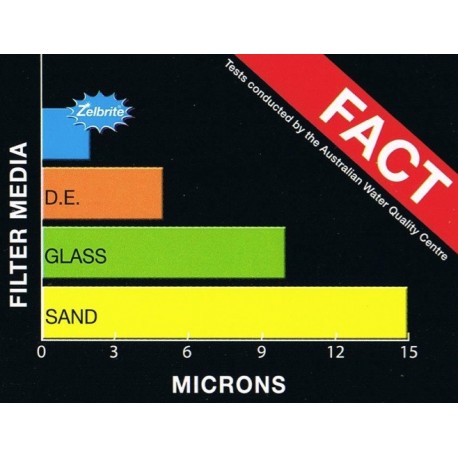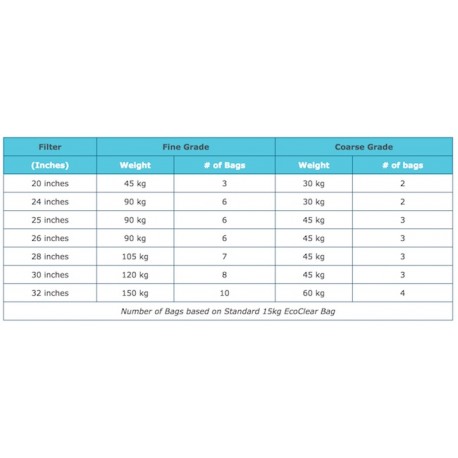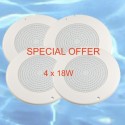Categories
- General catalogue 2024. PDF. FREE
- CHEMICALS
- ROBOTS
- POOLS
-
PUMPS
- PUMPS - compare any pumps
- Emaux pumps
- Speck pumps
- ESPA pumps
- Hayward pumps & parts
- Pumps for above ground pools
- Variable speed pumps
- 380V Pumps
- Spa and swimjet pumps
- Very heavy duty commercial pumps
- Astral™ pumps
- PUMP ACCESSORIES
-
PUMP SPARE PARTS
- Emaux SS Series parts
- Emaux SC Series parts
- Emaux SB Series parts
- Emaux SR Series parts
- Emaux SPH Series parts
- Emaux EPH Series parts
- Emaux EPV Series parts
- Emaux UPH Series parts
- Emaux ET Series parts
- Emaux ETV Series parts
- Emaux AFS Series parts
- Emaux AquaMini AMU parts
- ESPA (all series) parts
- SPECK (all series) parts
- FILTERS
- FISH POND and aquaculture systems
- FILTER SPARE PARTS
- COMPLETE FILTRATION SYSTEMS and portable systems
- FILTER MEDIA: sand, Zelbrite, glass, D.E. powder, cartridges
- SPECIAL OFFERS - filters, pumps, lights, chlorinators
- EQUIPMENT, Fixtures, Fittings, skimmers, grating, ladders, unions, plumbing, safety
- VALVES and UNIONS
- SPA fittings, pumps, blowers, jets, electrics
-
LIGHTING
- Underwater lighting
- Fountain, water feature lighting
- Deck & Floor lights
- SPARE BULBS (globes) and LED panels
- SPECIAL OFFERS
- ELECTRICAL EQUIPMENT
-
DISINFECTION systems for pools, spas, fish ponds, chlorinators, Naked, ionisers, UV, etc
- ClearBlue ionizers
- UV Sanitzers & Ozone
- NAKED fresh water system
- SALT WATER CHLORINATORS
- OZONE
- Emaux chlorinators - parts
- CHEMICAL DISPENSERS, Chlorine tablet dispensers, Automatic dosing, etc
- WATER TESTING and analysis
- CLEANING & MAINTENANCE Tools
- HEATERS
- COUNTER CURRENT Swim Jet systems
- WATER FEATURES, waterfalls, fountains, fun, and water park flumes
- DIVING BOARDS, SLIDES, FLUMES
- Complete technical packages for DIY pools
- Power showers
- Competition equipment
- WATER SOFTENING systems
- SAUNA cabins, heaters, steam, accessories, spares
- Underwater FITNESS equipment
- Health products
- SPARE PARTS
- Installation, Service, & Water Analysis
- Emaux pumps spare parts
- POOL DESIGN SERVICES & CONSTRUCTION
- CONSTRUCTION MATERIAL, glue, waterstop, tiles, tools, etc
- Field Service and home consultations
- Workshop Services
Sand, zeolite or filter glass, what to choose for the filtration of a pool?
The choice of filter medium is very important. It will determine the quality of filtration, the time to spend on maintenance and the cost. Sand filters are the most popular filtration systems for pools but they do not have to be filled with sand - there other and better filter materials, with different properties, such as filter glass and Zelbrite (zeolite). To maintain top efficiency, the media must be cleaned regularly so that the bacteria it retains do not clog the filter. This is done by back-washing.
Sand
Sand is the most common filter medium, easy to find and very good value for money, it is the most widespread. However, it only has a filtration fineness of 30 to 40 microns. It offers efficient filtration but requires a lot of maintenance because it can get dirty quickly.
Advantages
-
Average filtration, from 30 to 40 microns, relatively sufficient.
-
Inexpensive
Disadvantages
-
Frequent backwashing, at least once a week, which loses a lot of water with its valuable chemicals.
- Faster fouling of the filter that needs to be solved by using treatment products (the grains agglomerate with each other and the bacteria create a sticky film reducing performance and producing chloramines)
-
Agglomeration (clumping) of sand grains and worm-holes causing decrease in performance.
-
Lifetime about 3 years before changing
Zelbrite

Made from volcanic material of a kind found only in Australia, Zelbrite (zeolite), with a filtration fineness of 5 microns offers the best known performance and many benefits. More expensive than sand or glass.
-
High filtration of 5 microns.
-
Stabilizes the pH
- Helps lower the pH corrector consumption.
-
Requires fewer backwashes
-
Absorbs AOX, carcinogenic elements naturally present in water
-
Limits the formation of chloramines
- Very long life (10 years or more)
-
Can be regenerated
-
Requires only 75% by weight of the amount of sand
-
Backwash only every 8 - 10 weeks
Disadvantages
-
Relatively expensive initial investment, from ฿ 640 the 15 kg bag.
-
Can't be used in conjunction with ioniser disinfectant systems because its filtration is so good it will even filter out the silver and copper ions.
Filter glass
Attention: the table below is for 15Kg bags. We sell EcoClear in 25Kg bags.

Filter glass is crushed and graded recycled glass granules from post industrial glass waste. It replaces sand in the sand filter and offers high efficiency and filtration fineness of 15 microns. The fineness of filtration can be improved to 5 microns with a flocculant.
Advantages
-
Prevents the formation of a biofilm
-
Reduces the maintenance of the sand filter
-
Consumes less water and less treatment products
-
Good fineness of filtration
-
Ecological life span about 7 years
Disadvantages
-
More expensive than sand, from ฿ 700 25 kg
Quick comparison
| Sand | Zelbrite | Glass | |
|---|---|---|---|
| Filtration | 30 à 40 microns | 5 microns | 15 microns |
| Price | ~ ฿640 for 50 kg | ~ ฿640 for 15 kg | ~ ฿640 for 25 kg |
| Life | 3 - 4 years | 9 - 12 years | 6 - 8 years |
| Required quantity |
3/4 of the filter | 55 % of the filter | 55 % of the filter |
The pressure gauge: At what PSI should I backwash my pool?
As a general rule, you should be backwashing your pool about once a week or in conjugation with your scheduled maintenance. Another industry standard is to backwash when your filter's pressure gauge reads 8-10 PSI (pounds per square inch) over the starting level or “clean” pressure. Choice of filter medium is very important. It will determine the quality of filtration, the time to spend on maintenance and the cost.
Cart
Specials
-

-
SPECIAL OFFER 4 x HOTOOK 18W warm white, plastic
฿ 11,846.72 ฿ 9,846.72
Information
- Shipping
- Payment
- Thailand Pool Shop Terms and conditions
- Public Holidays in Thailand 2026
- Swimming Pools Laos
- FAQ at the Thailand Pool Shop
- Ko Tao agency
- Swimming pool builder in Isan, Isaan, Chiang Mai
- Correct chlorine and pH levels recommended for Swimming Pools in Thailand
- Choosing your swimming pool pump at Swimming Pools Thailand shop
- Ionzers
- Privacy policy
- Cookie policy
- SwimmingPoolsThailand chemical guide
- What filter material to choose?
- Salt water pools
- The EMAUX guarantee
- Testimonials
- Why are Dolphin robots so popular?
- Ionizers
- ClearBlue - additional advice

